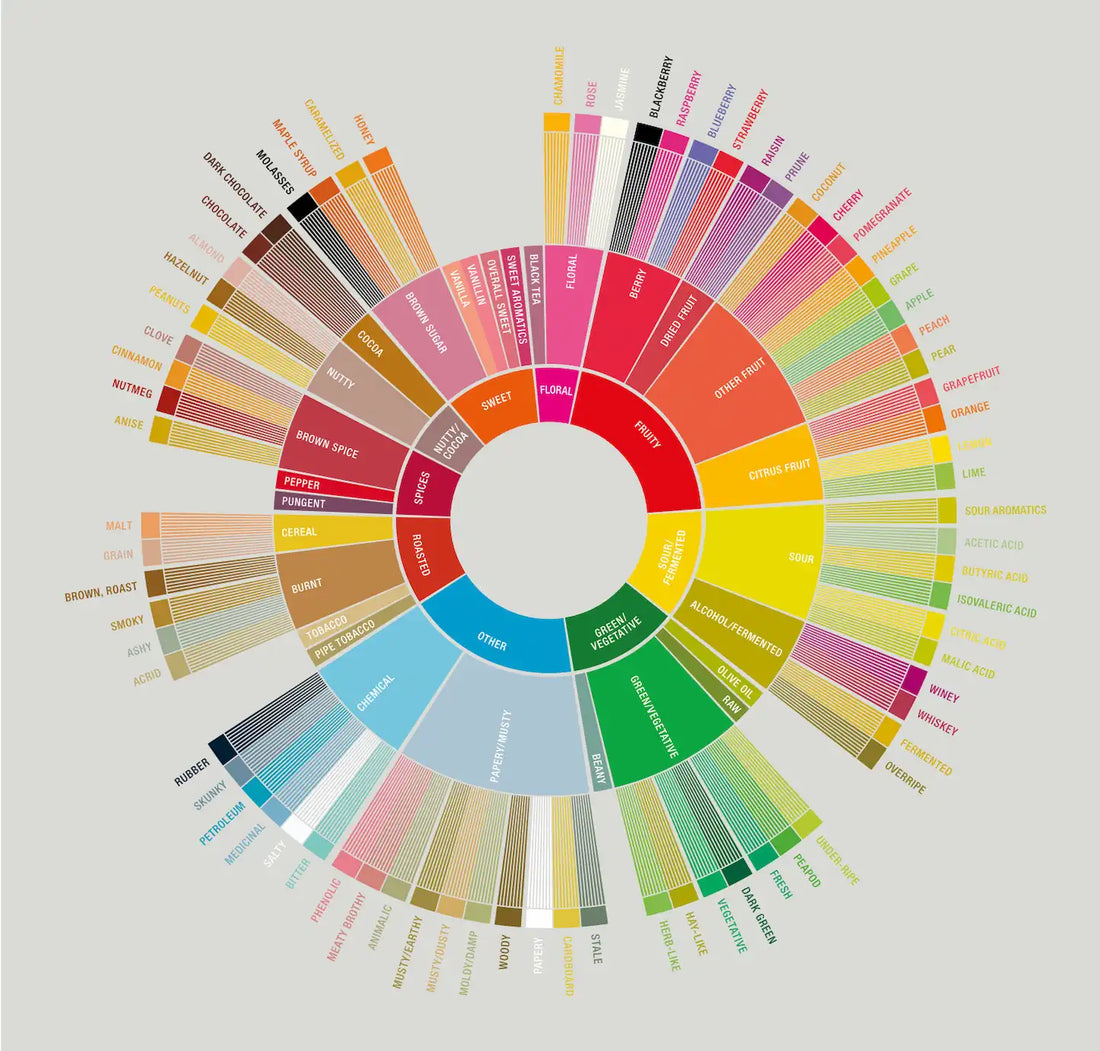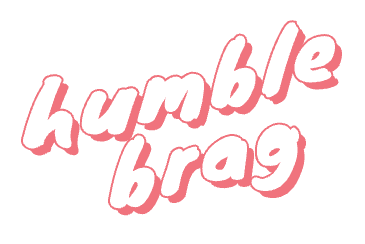
What is "Specialty Coffee"
Specialty coffee isn’t just a brand name or a marketing term for coffee.
It doesn’t just mean coffee that’s a bit more deliberate than instant coffee. Specialty coffee is a classification of coffee grade that indicates quality from bean to cup. And when we say bean to cup we mean from seed to cup — from the farmer to you.
The assessment and grading of coffee is standardised across the world by the Coffee Quality Institute with their Q grading scores. The CQI is a non-profit that works to “create a common language of coffee and the best scientific practices throughout the value chain to improve quality.”
By the 100-point Q grading scale, specialty coffee is coffee that scores over 80 points.
The Q grading scale specifies as follows:
| Score | Grade |
| 90 - 100 | Outstanding |
| 85 - 89.99 | Excellent |
| 80 - 84.99 | Very Good |
All “Very Good” and better coffee is considered speciality.
In addition to the CQI system, the Specialty Coffee Association assesses the presence or absence of ‘defects’ in a coffee sample as a method of defining specialty coffee. The SCA defines specialty coffee as coffee that has 0 to 5 defects for every 350g of beans.
In general, the higher a coffee’s score, the higher the price the producer can demand for it in the market. At the extreme end of things, in-demand coffees of extremely high quality can fetch over USD$13500/kg
This is an extreme example of coffee pricing, but keep in mind that importers and roasters do pay a premium to producers for the quality of their coffee. These higher prices reflect not just the extra resources and labour required to produce high quality, but in many cases also benefits the communities around producers.
How to look for Specialty Coffee.
Australians, more than anyone else, are spoiled for choice when it comes to specialty coffee options. We largely eschew chains like Starbucks in favour of independent cafés and roasteries. Walk into almost any local cafe that cares about quality and you’ll likely get a cup of specialty happiness.
A good way to find out if your coffee supplier stocks specialty coffee is to ask. Modern coffee supply chains are pretty transparent and even the smaller microlot farmers adhere to stricter, more specific reporting regulations and requirements around the quality of their beans.
